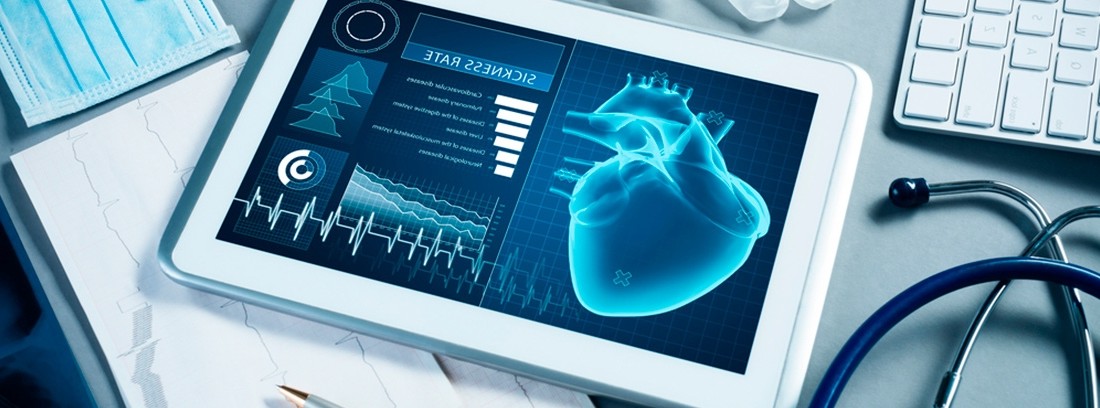Cardiac SPECT: imaging test

Cardiac SPECT It is a radiodiagnosis test in which images (obtained in a gamma camera) and the administration of radiopharmaceuticals (MBI or Thallium) are combined.
This test lets study with precision the behavior of the heart muscle (myocardium) during exercise and at rest, and thus assess the blood supply in both situations. With the study of myocardial blood flow, the existence of obstructions in the coronary arteries as well as the patency of the previously placed ones can be assessed.
How it is performed?
The duration of the test is approximately three hours. Is a painless test and although radioactive drugs are used, the risk of radioactivity is minimal.
The study lasts approximately four hours. Two injections of radioactive material are given (it can be MIBI or Thallium). This is done through an intravenous line that is placed in the patient, initially a first dose of radiopharmaceutical and at rest, images of the heart are taken with a gamma camera.
Then one is performed or, if the patient cannot do it, a drug is administered that simulates the effect of physical exercise on the heart muscle.
Before finishing the stress test a new dose of radioactive drug is given, which is captured by the myocardium and cardiac images are again taken for about 45 minutes. The entire test is done under the care of specialized health personnel to avoid any risk.
What is it for?
Cardiac SPECT is especially useful in assessing the degree of irrigation (perfusion) of the heart muscle during rest and when exercising, especially in cases where other tests give questionable results.
It is currently a more widely used examination, as it allows the simultaneous assessment of the myocardial perfusion and ventricular function, both in resting conditions and in response to effort, providing information of great diagnostic and prognostic interest.
It is indicated in patients with chronic disease (who cannot perform a stress test due to physical limitations), in postoperative cardiac surgery (to assess the degree of vascularization) and to assess responses to drug treatment.
Previous preparation
- Remain you fast 3 hours before of the test (you can drink water), and preferably from the night before the test.
- Do not eat or drink caffeinated products (chocolates, sodas, tea, coffee) within 24 hours before the exam (not even decaffeinated products).
- If you take any medication You should consult with your doctor whether or not to discontinue it.
- It is advisable sports clothing and shoes carrying out the stress test (it is done by running on a treadmill).
- Inform the doctor if there is a possibility of be pregnant, if you suffer from any allergies or serious illness.
- Do not wear jewelry or metal accessories.
Risks and contraindications
During the physical exercise phase, when performed in patients with heart disease, symptoms such as chest pain, dizziness, high blood pressure, also fatigue and muscle pain may appear. More serious symptoms such as heart attack or arrhythmias are extremely rare. It is contraindicated in pregnant women. The risks of the administered radioactive drug are practically negligible.
What you should know:- This test allows to precisely study the behavior of the heart muscle (myocardium) during exercise) and at rest.
- It is indicated in patients with chronic ischemic heart disease (who cannot perform a stress test), in the postoperative period of cardiac surgery (to assess the degree of vascularization) and to assess responses to drug treatment.
- It lasts about three hours, it is not painful and it is done on an empty stomach.
(Updated at Apr 14 / 2024)